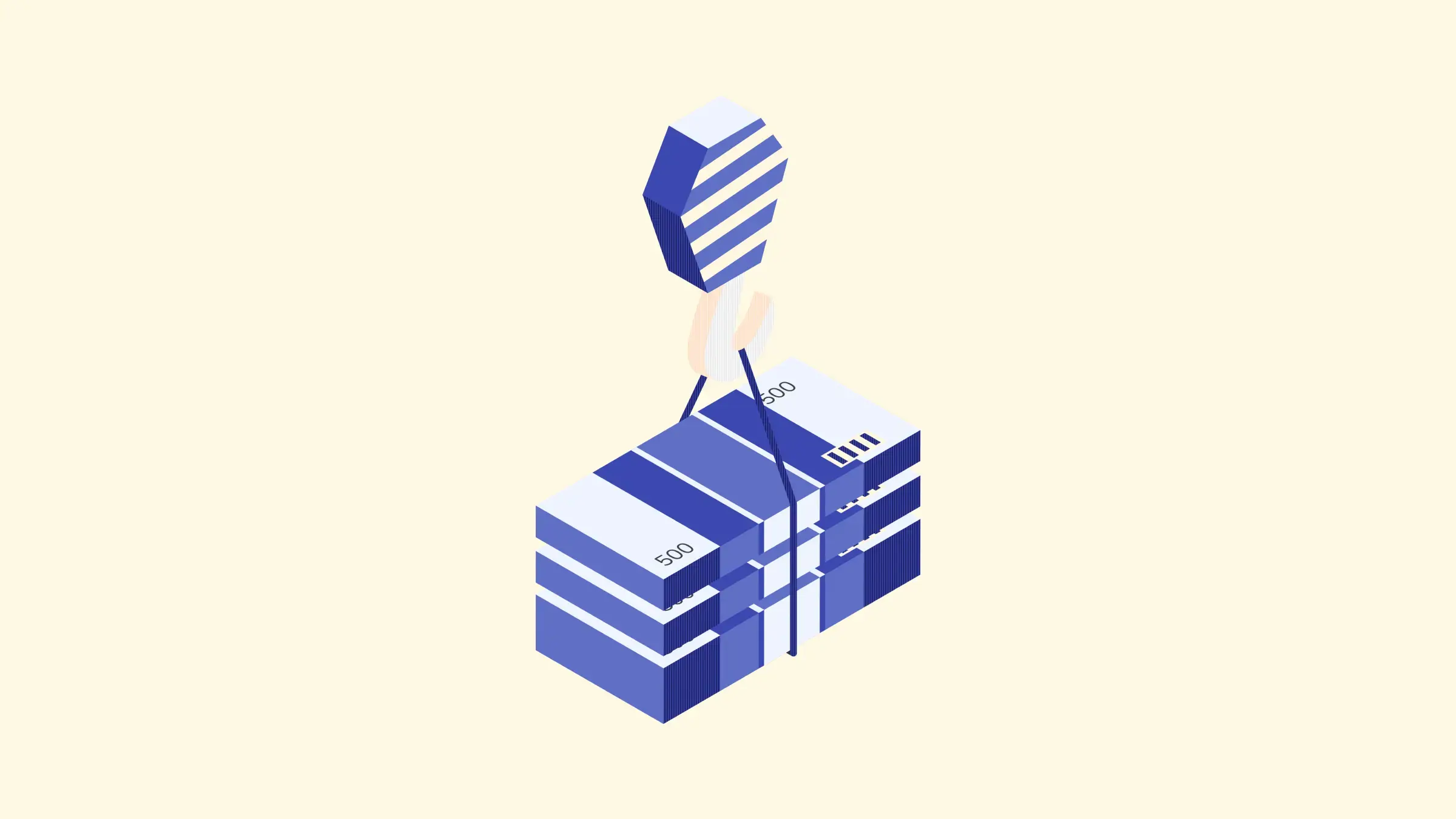
Managing debt is an essential skill for individuals and businesses alike. Debt can be a helpful tool for financing crucial purchases, however, when it becomes overwhelming, it transforms into a burden
Understanding what debt burden entails and how it affects financial health is vital for making informed decisions regarding borrowing and repayment. In this article, we’ll delve into the concept of debt burden, exploring its definition, types, and implications.
What is Debt Burden?
It refers to the amount of debt an individual, household, or organization owes, relative to their income or assets. In simpler terms, it is the amount of debt owed, that becomes difficult to repay comfortably.
Types of Debt Burden
- Individual Debt Burden: This pertains to the debt load carried by an individual. It encompasses various forms of personal debt, such as personal loans, credit card debt, student loans, and mortgages.
- Household Debt Burden: Household debt burden considers the collective debt obligations of all members within a household. It includes individual debts and joint liabilities such as shared mortgages or auto loans.
- Corporate Debt Burden: Corporate debt burden assesses the level of debt a company carries relative to its earnings or assets. It’s a crucial metric for evaluating a company’s financial health and risk profile.
Implications of Debt Burden
Financial Stress: A high debt burden often leads to financial stress, affecting mental and emotional well-being.
Creditworthiness: Excessive debt burden can impair credit scores, limiting access to future credit and financing options.
Budget Constraints: Heavy debt obligations can restrict disposable income, limiting individuals’ or businesses’ ability to save, invest, or pursue other financial goals.
Risk of Default: In extreme cases, unsustainable debt burdens can lead to default, bankruptcy, or foreclosure, with severe consequences for individuals, households, or businesses.
How to Manage Debt Burden
- Budgeting: Implementing a realistic budget can help individuals and households prioritize debt payments and manage expenses effectively.
- Debt Consolidation: Consolidating high-interest debts into a single, lower-interest loan can reduce the overall debt burden and simplify repayment.
- Increasing Income: Seeking opportunities to increase income through additional sources of revenue or career advancement can help alleviate the debt burden.
- Seeking Assistance: In cases of overwhelming debt burden, seeking assistance from credit counseling services or financial advisors can provide guidance and support in developing a debt repayment plan.
Bottom Line
Debt burden can be a significant hurdle, but it’s not impossible to overcome. By recognizing the signs and taking proactive steps, you can manage your debt and achieve financial freedom.
